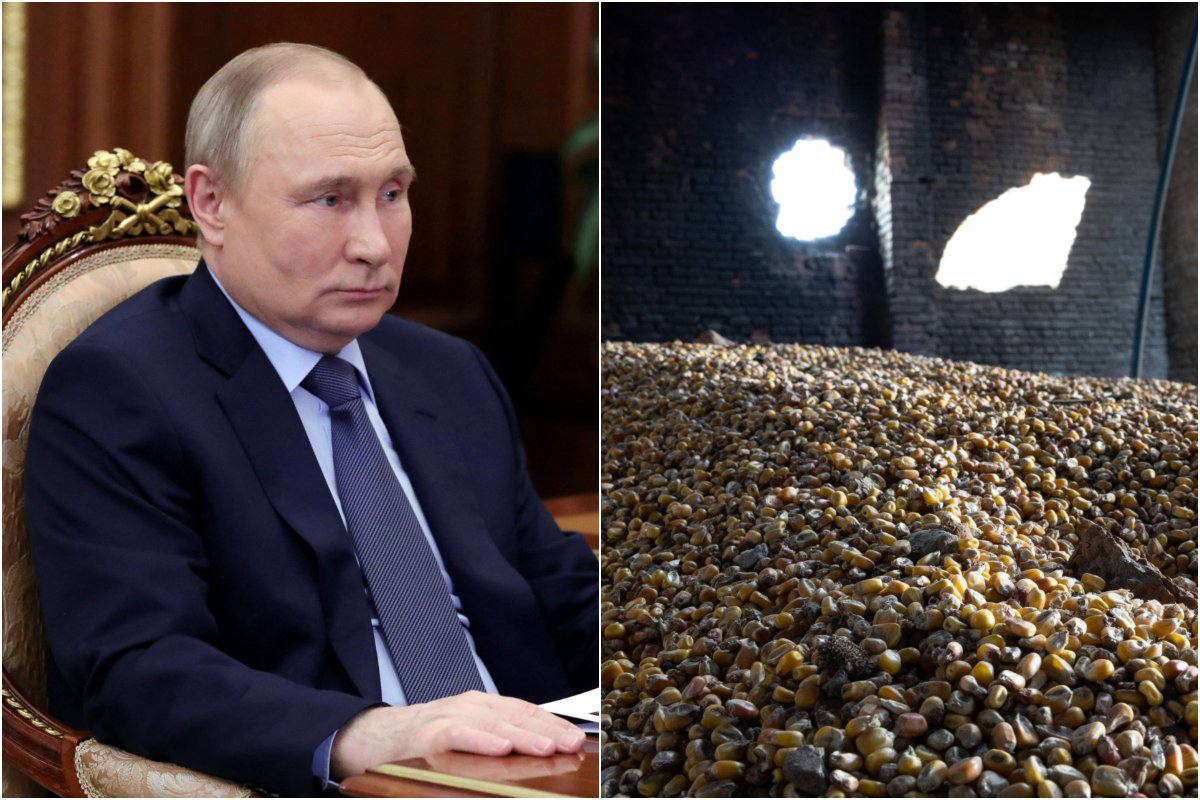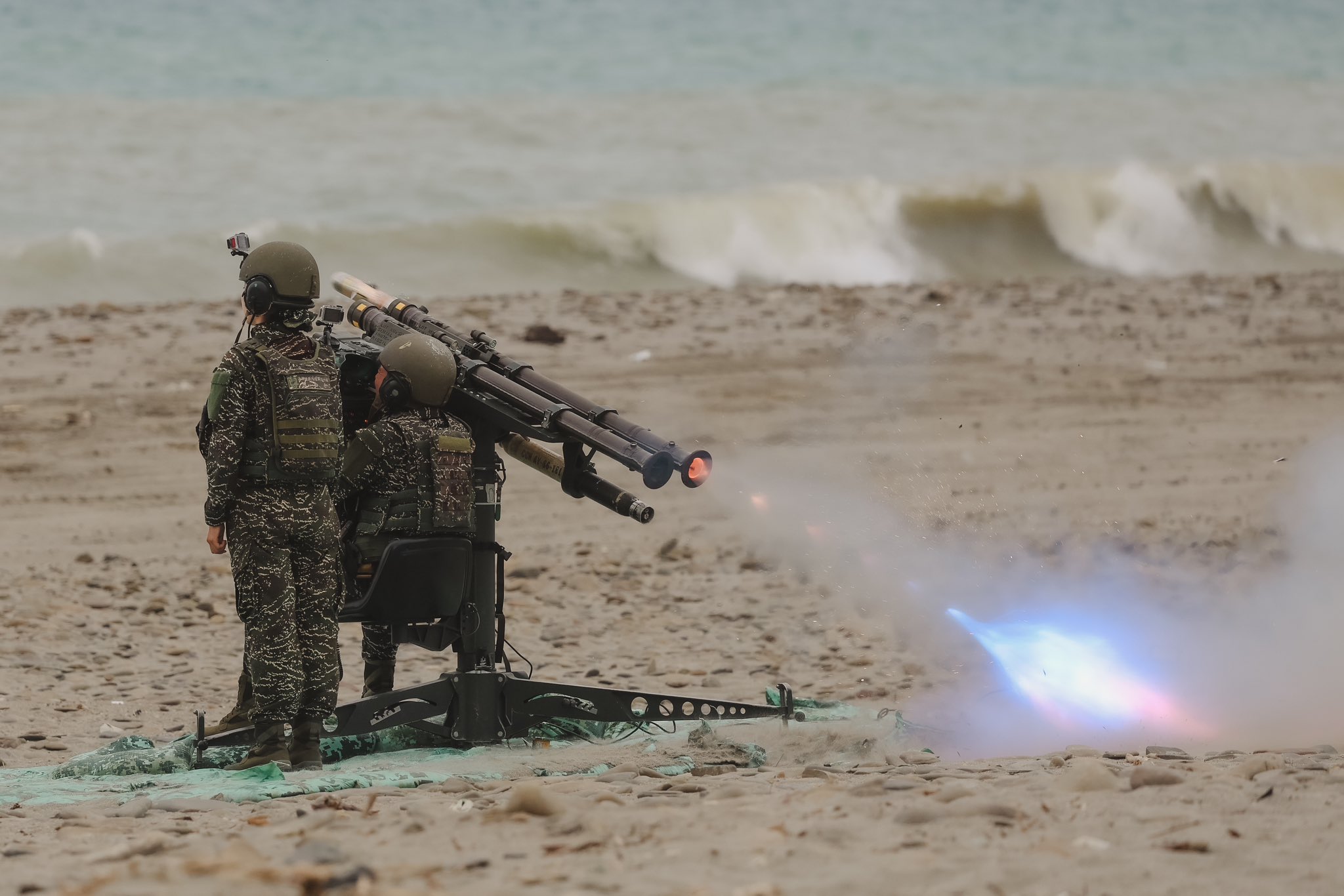Russia has said it is prepared to allow grain to leave Ukrainian Black Sea ports as long as sanctions imposed against Moscow due to the Russian invasion of Ukraine are eased.
The comments by Russian deputy foreign minister Andrei Rudenko follow fear that Russia's blockade of Ukrainian ports could cause global starvation as accusations mount that Vladimir Putin is weaponizing food as part of his invasion.
Ukraine is a major exporter of corn and sunflower oil, and together with Russia, provides nearly a third of global wheat and barley supplies. Around 20 million tons of grain remain stranded at Black Sea ports prompting Western countries to propose "safe corridors" for food exports, but this would require Russian consent.
Rudenko said on Wednesday that Moscow was open to this idea but that "the solution to the food problem requires a comprehensive approach," news agency Interfax reported.
This included requiring Ukraine "to clear all ports where ships are docked," resolving issues with insuring vessels and allowing Russian ships access to European ports and vice versa.
"Russia is ready to provide the necessary humanitarian passage, which it does every day," he said.

Rudenko also took aim at European Commission President Ursula von der Leyen, who had accused Russia of "hoarding its own food exports as a form of blackmail." In her comments in Davos on Tuesday she also said that the Kremlin was "using hunger and grain to wield power."
But Rudenko said Wednesday, "we are always ready for dialogue with everyone who seeks a peaceful resolution of all problems," adding, "I leave Ursula von der Leyen's statement on her conscience."
Rudenko's stance echoes that made by former Russian President Dmitry Medvedev, who tied the passage of food from Ukraine with an easing of sanctions that have isolated Moscow since its invasion of Ukraine began on February 24.
In a post on his Telegram social media channel last week, Medvedev, who is deputy chairman of Russia's Security Council, said that allowing food to leave Ukrainian ports would come with strings attached.
"Countries that import our wheat and other food products will have a very difficult time without supplies from Russia," he said, adding that his country "expects assistance from trading partners, including on international platforms."
"Otherwise, it turns out to be illogical: on the one hand, crazy sanctions are being imposed against us, on the other hand, they are demanding food supplies," he said, "we are not idiots."
Russia's statements that it is willing to allow the exports of food from Ukraine given the right terms come amid a narrative pushed on Kremlin-backed television warning of food supply problems for those who opposed Russia.
On the Russia-1 program 60 Minutes, political scientist Dmitry Egorchenkov said that countries with "normal relations with Russia, not even friendly, but just normal, won't go hungry."
Uncommon Knowledge
Newsweek is committed to challenging conventional wisdom and finding connections in the search for common ground.
Newsweek is committed to challenging conventional wisdom and finding connections in the search for common ground.
About the writer
Brendan Cole is a Newsweek Senior News Reporter based in London, UK. His focus is Russia and Ukraine, in particular ... Read more
To read how Newsweek uses AI as a newsroom tool, Click here.








